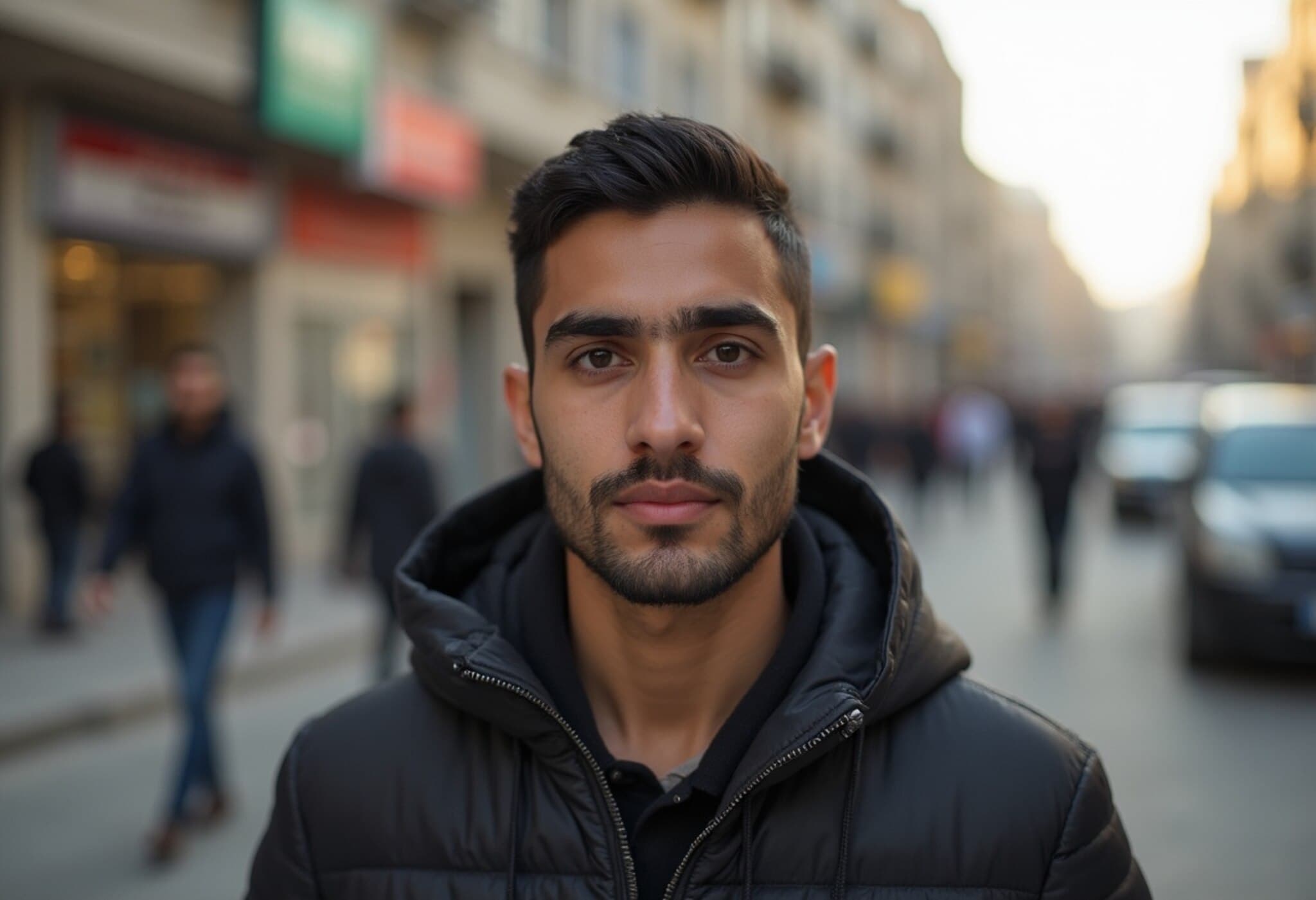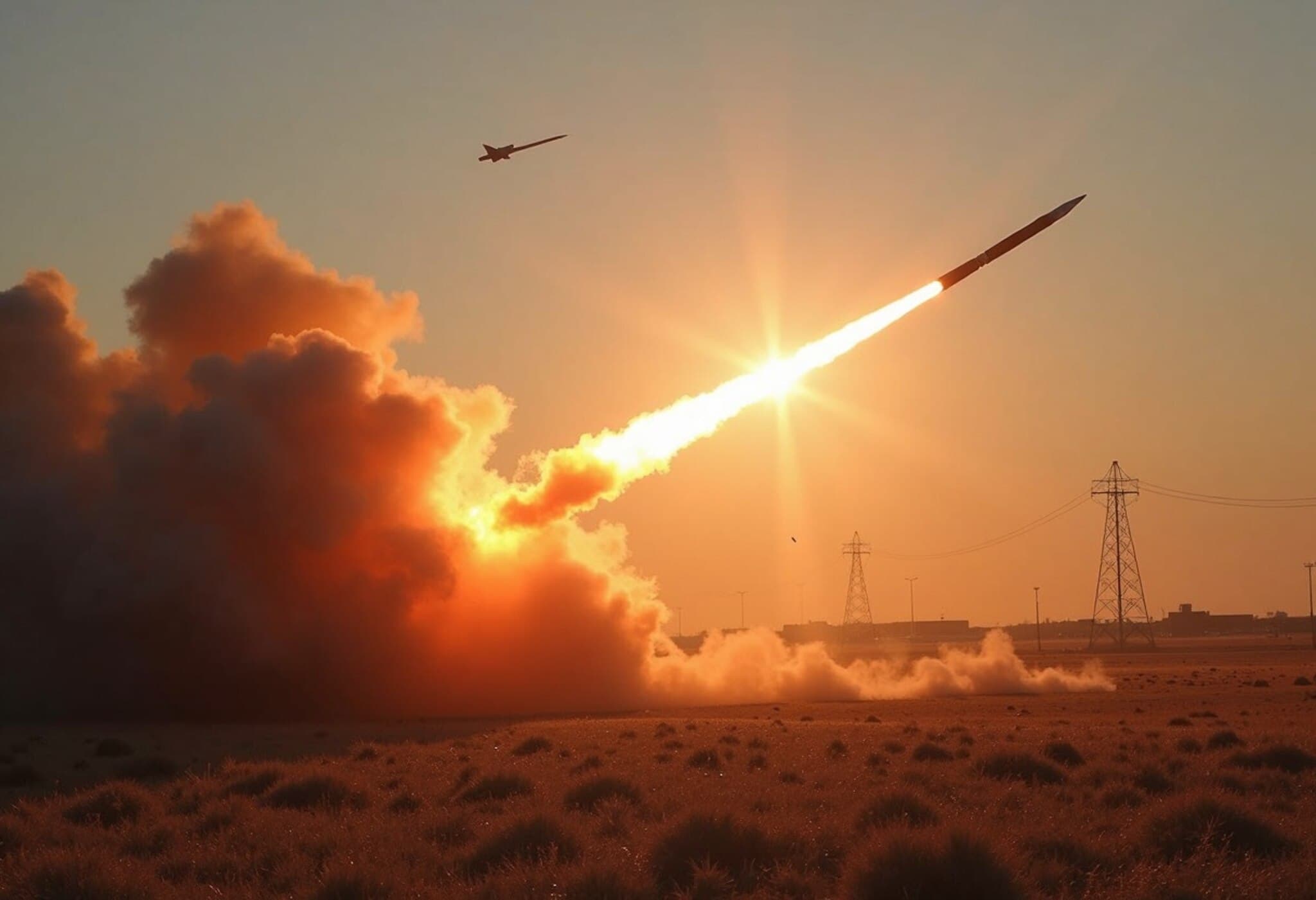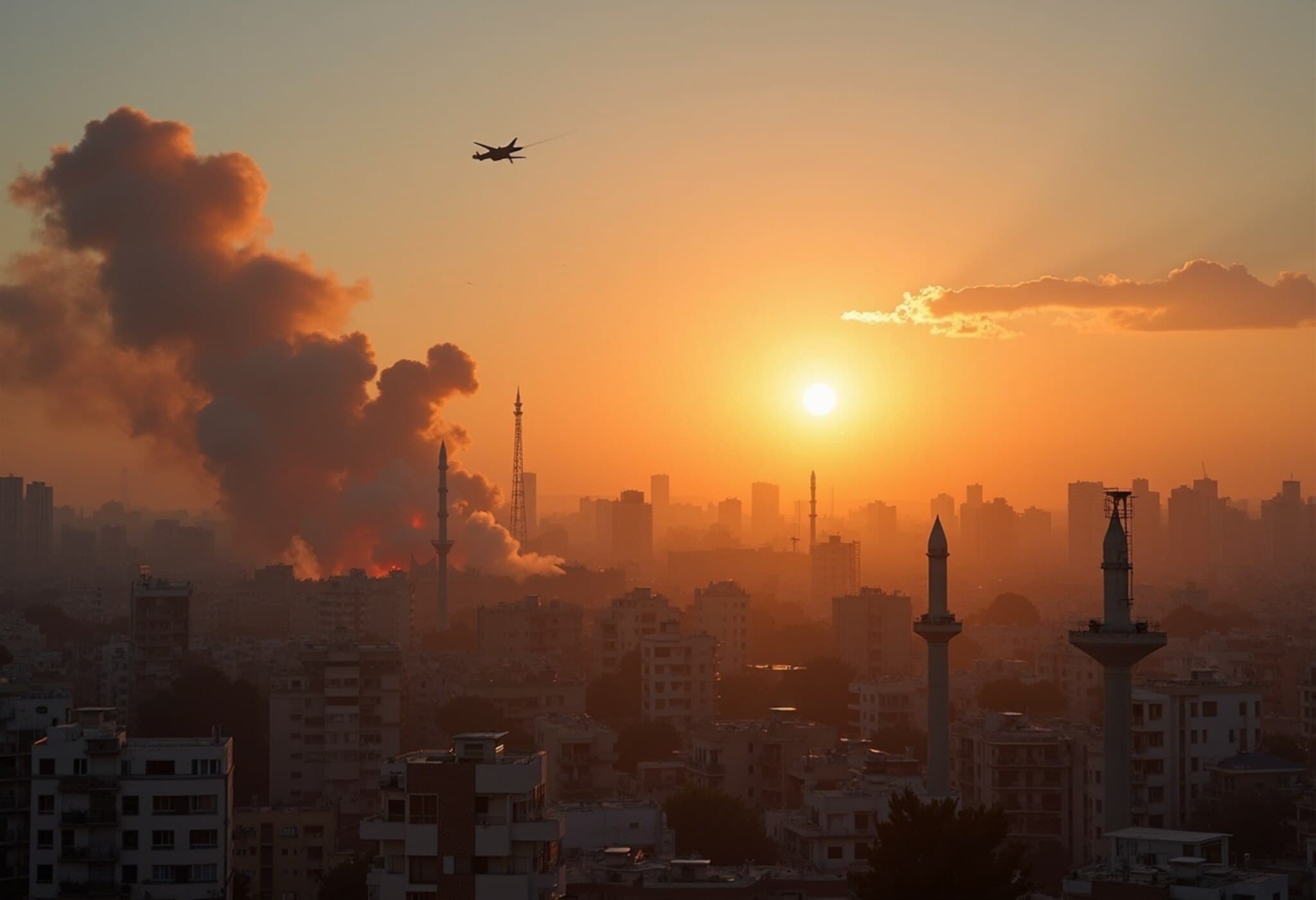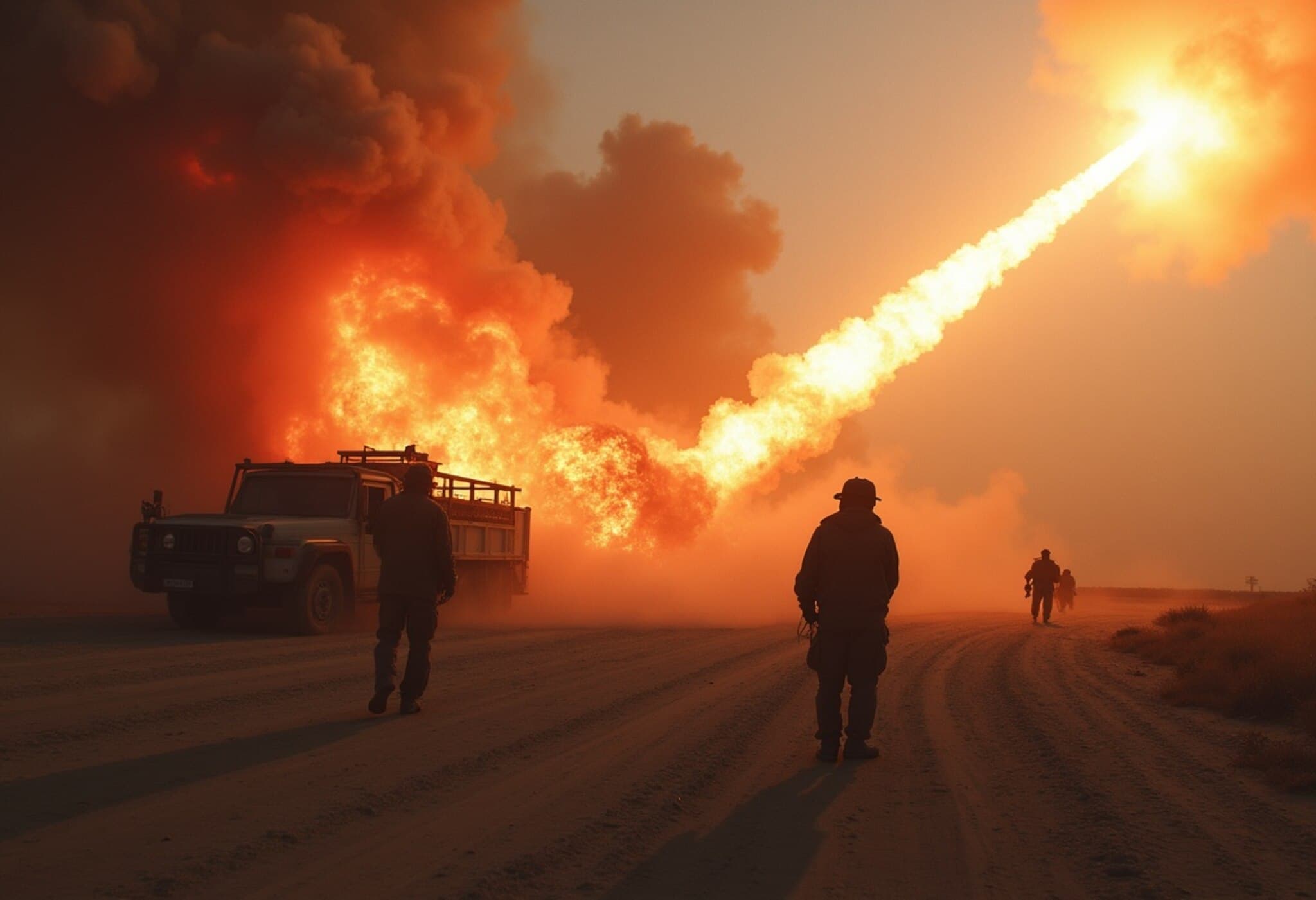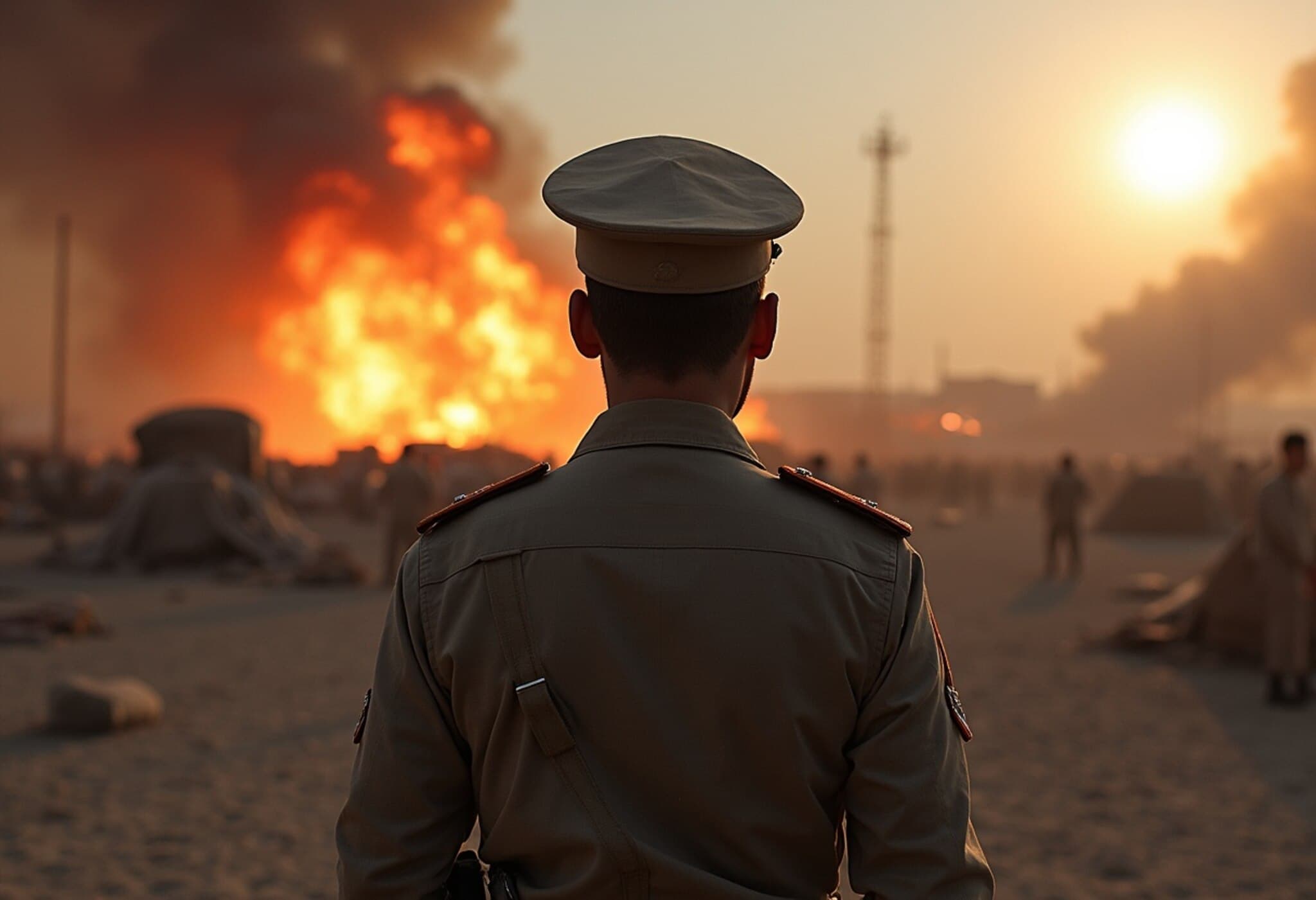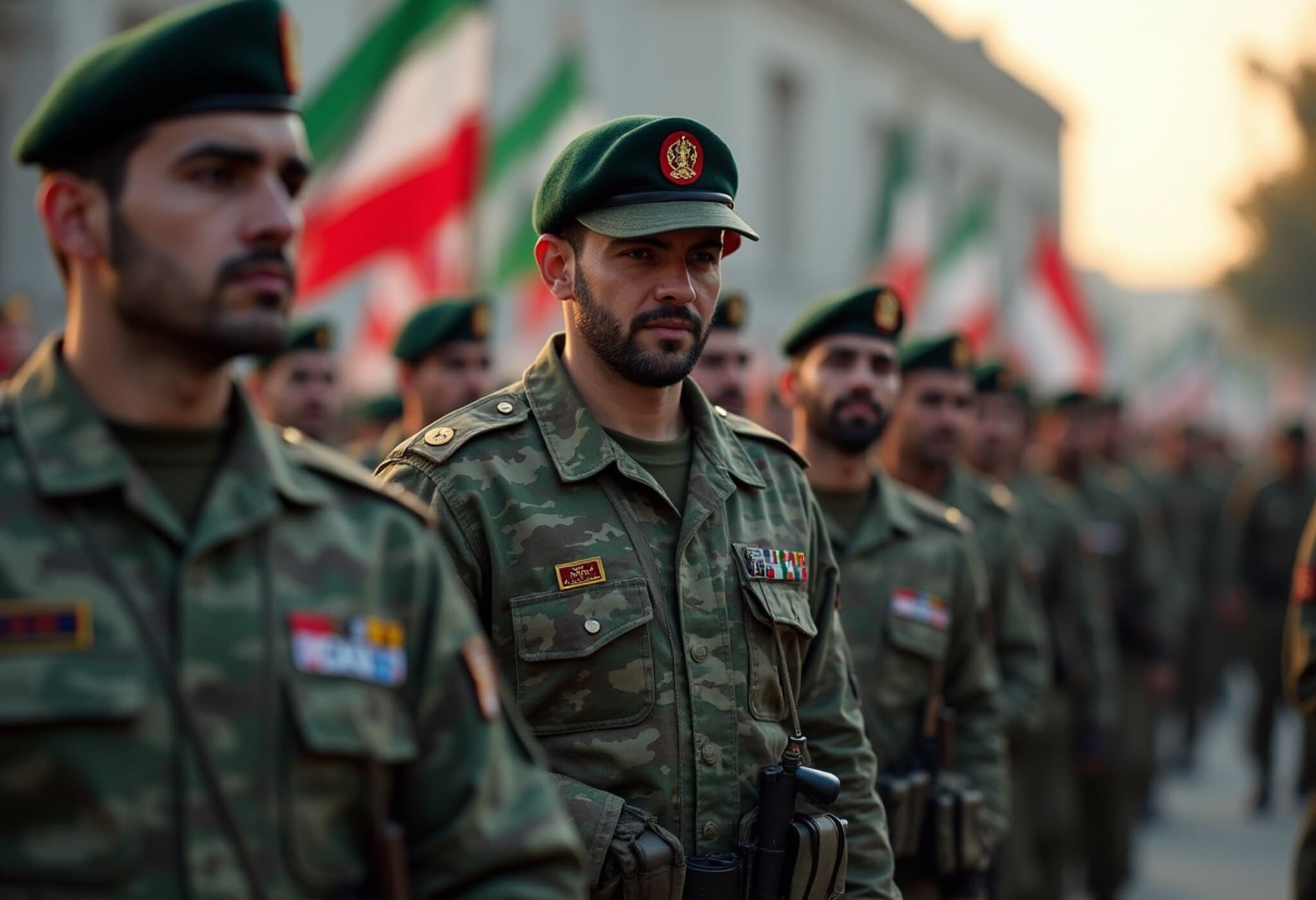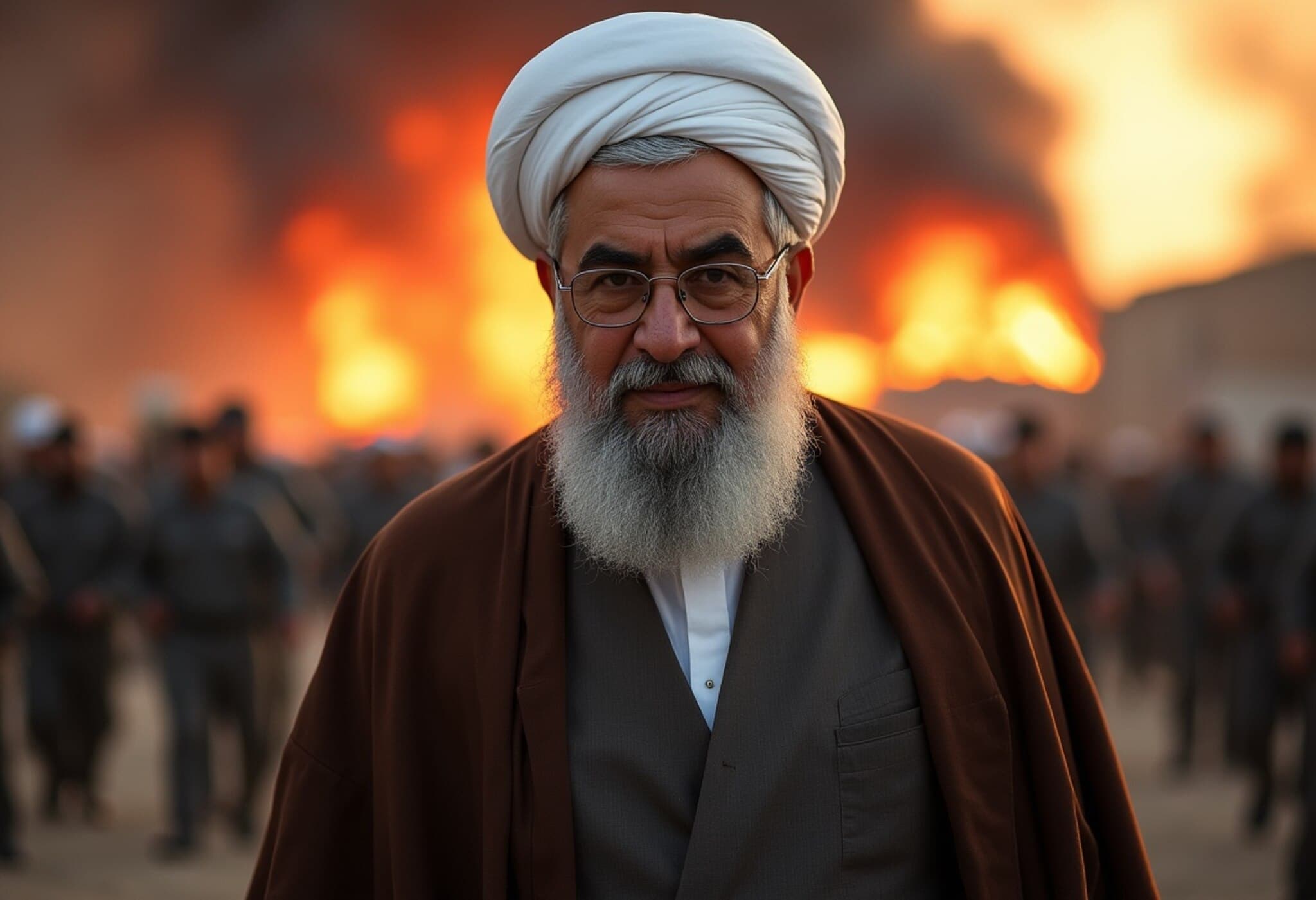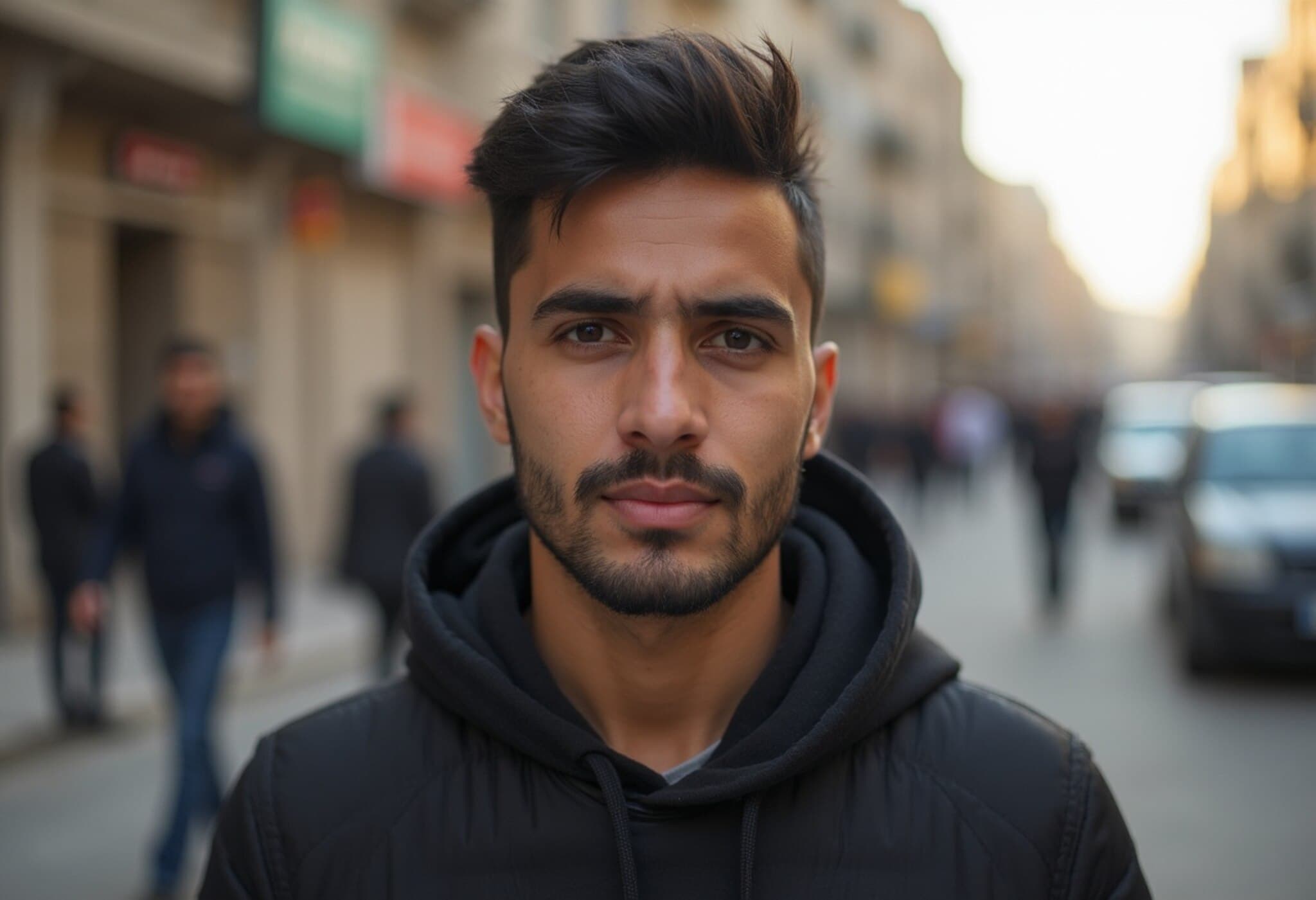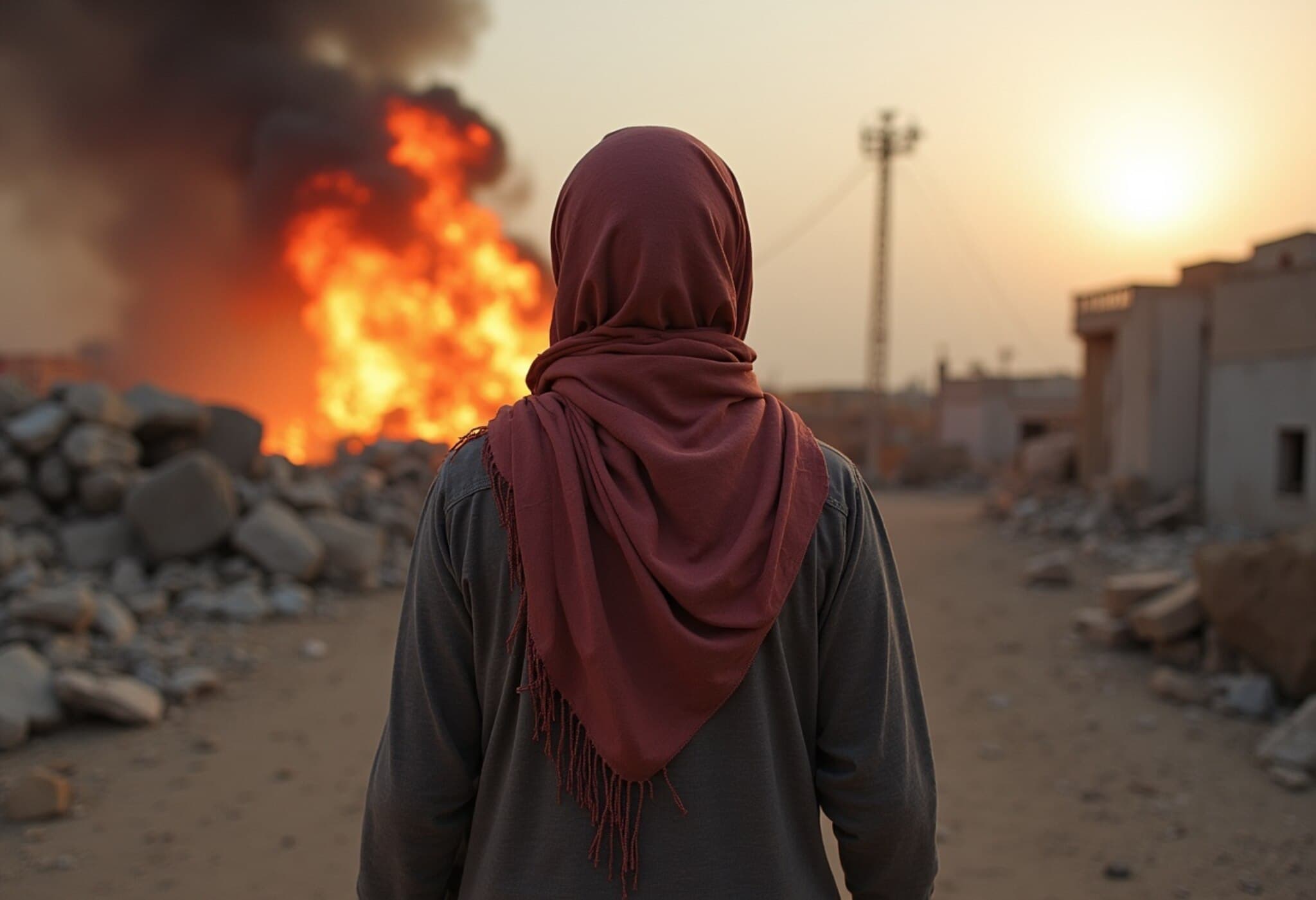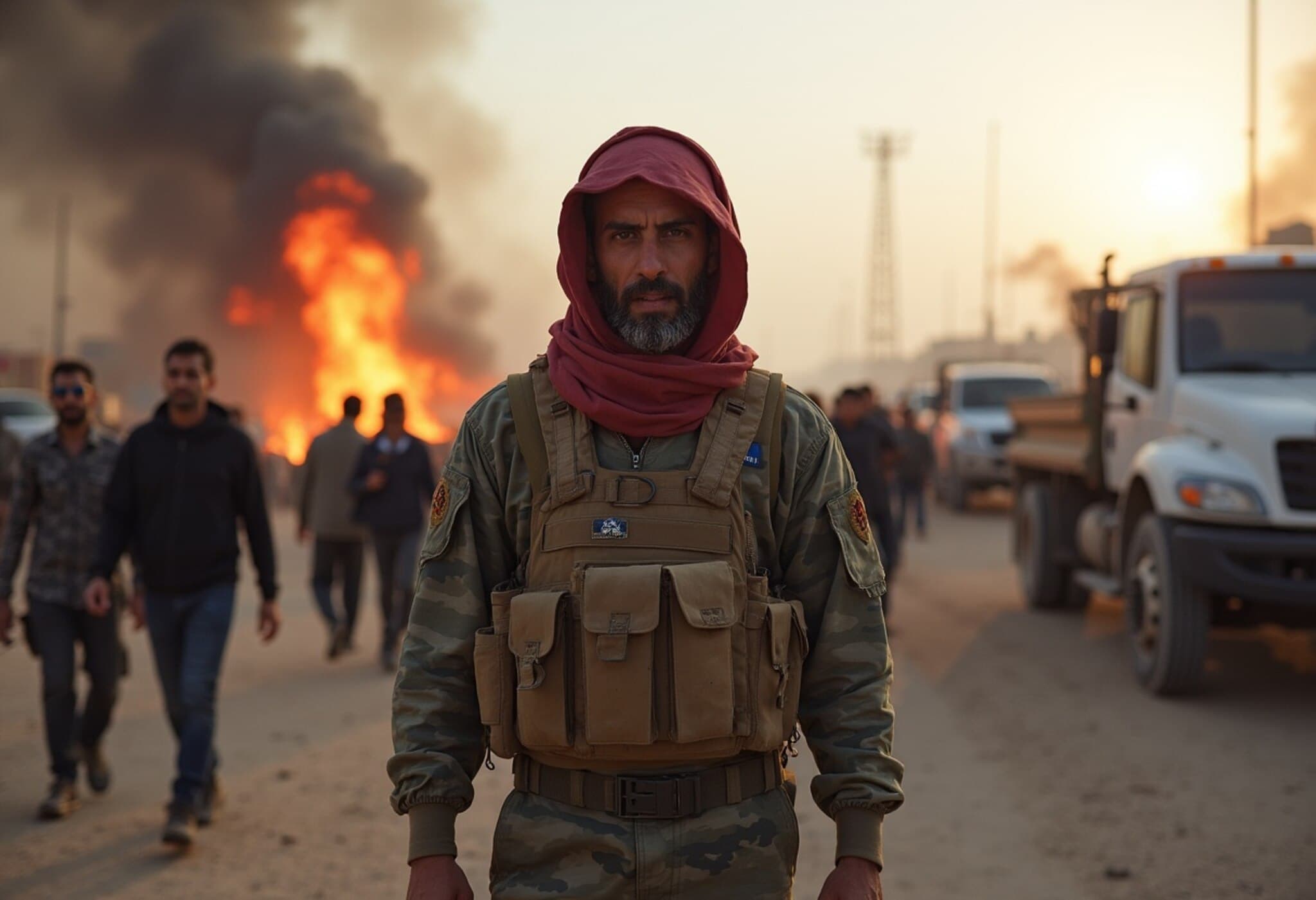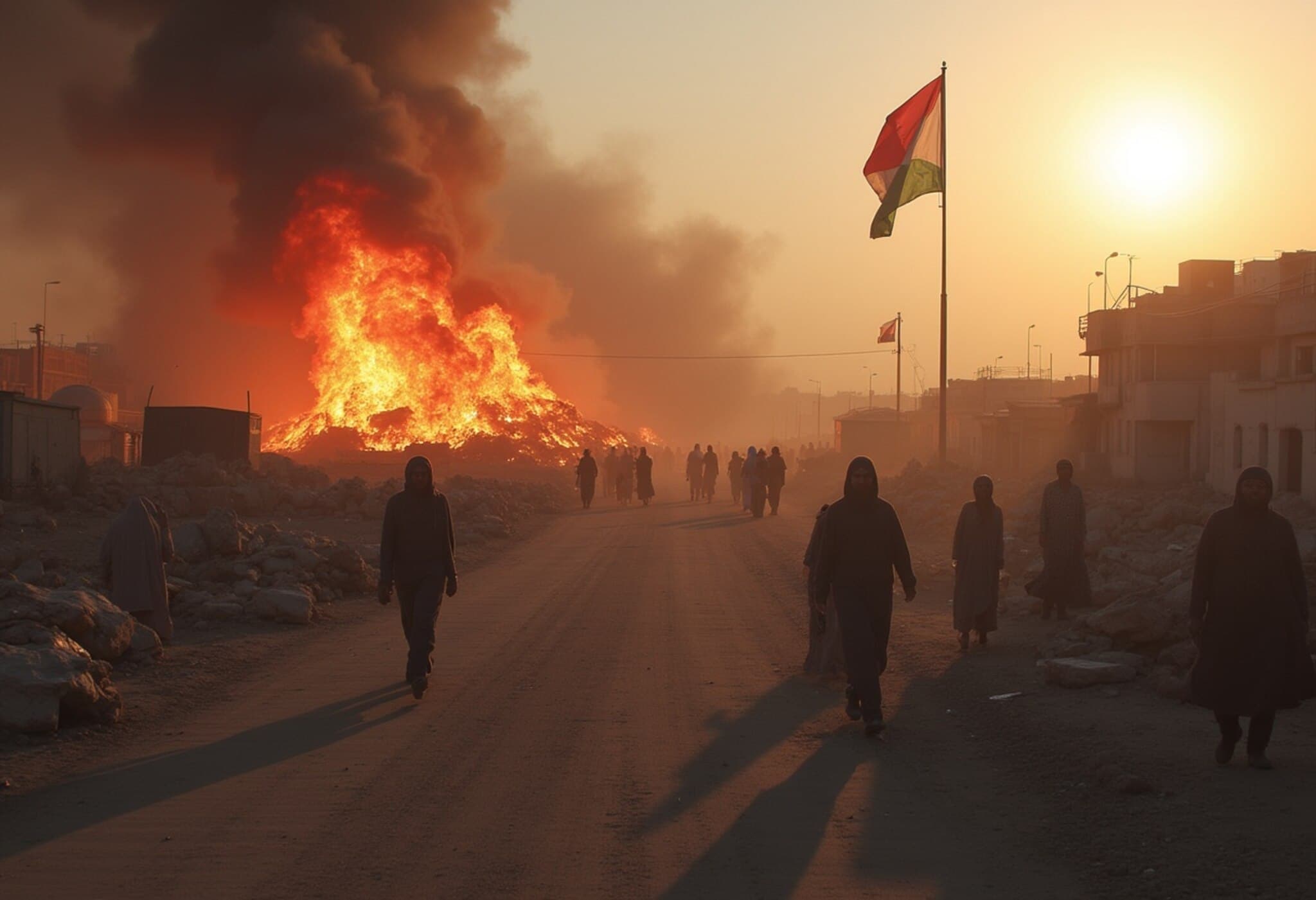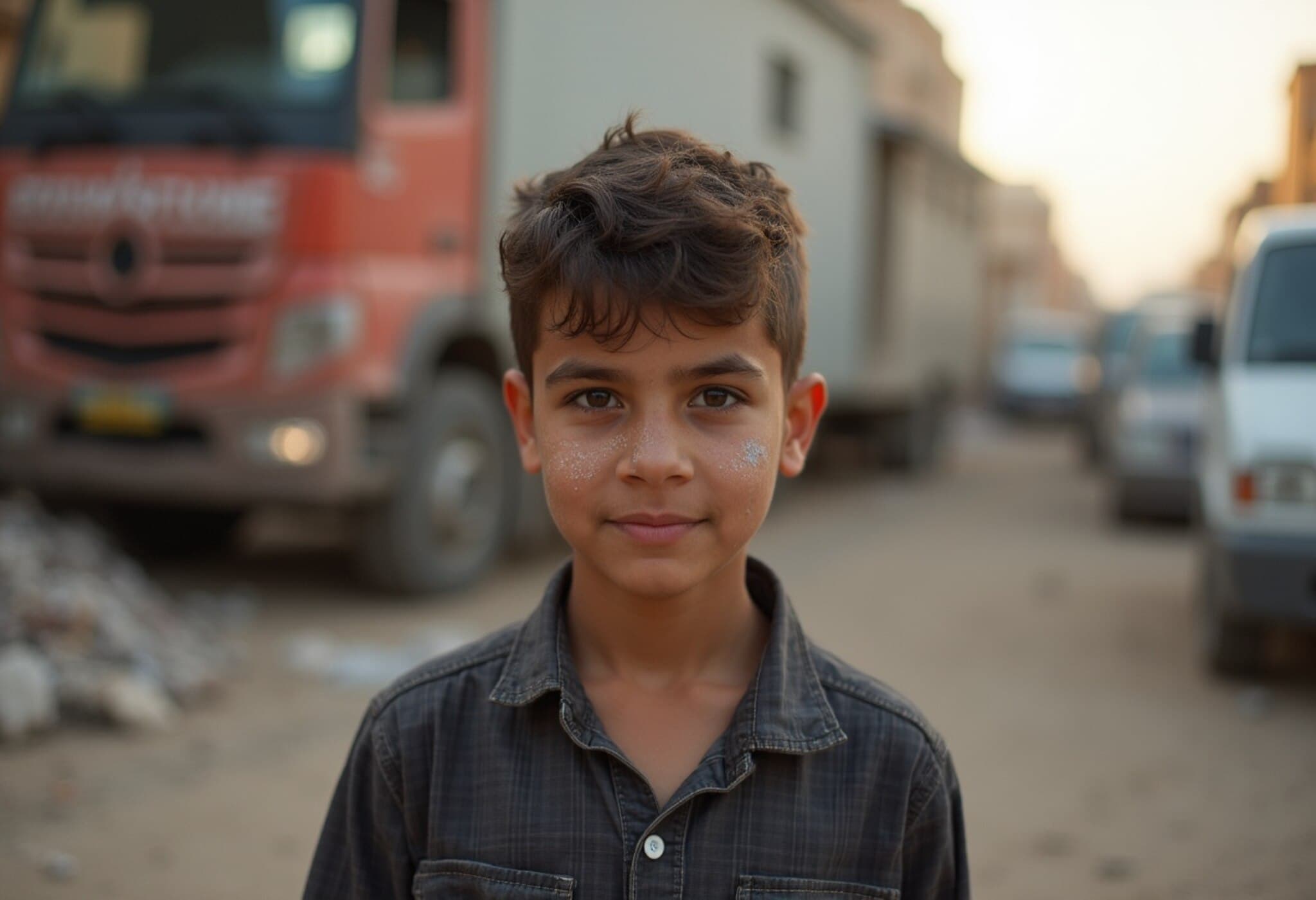Tragic Death of Palestinian-American Highlights Escalating Conflict in West Bank
Sayfollah “Saif” Musallet, a 20-year-old Palestinian-American man, was fatally attacked by Israeli settlers while visiting his family’s farm in the occupied West Bank. His death, reported by The Guardian and confirmed by his family, underscores a troubling surge in violence amid the ongoing Israeli-Palestinian conflict that continues to reverberate deeply across communities and international diplomatic channels.
A Life Cut Short on Ancestral Soil
Born and raised in Florida, Saif Musallet recently opened a small ice cream shop in Tampa with his father—a symbol of his American upbringing and entrepreneurial spirit. Yet, his deep connection to his Palestinian heritage drew him back to the West Bank in early June to visit family and reconnect with his roots.
His family farm in Baten al-Hawa, near Jerusalem, lies within Area B, where administrative control is Palestinian but security remains under Israeli military jurisdiction—a flashpoint zone increasingly prone to violent encounters. Reports indicate that Sayfollah was severely beaten during an attack by settlers at the farm, moments that became fatal when ambulances were allegedly prevented from reaching him for nearly three hours, according to relatives.
“I was the first to reach Saif,” said Mohammed Nael Hijaz, a 22-year-old friend. “He was barely breathing. There was still hope to save him but help came too late.”
Another Fatality in the Same Assault
Alongside Musallet, 23-year-old Palestinian Razek Hussein al-Shalabi was also killed during the violent attack. According to the Palestinian Health Ministry, he was shot and left to bleed at the scene. Both families are set to hold a joint funeral, casting a somber light on the continuing cycle of violence stretching beyond their individual tragedies.
Context: Rising Violence and International Repercussions
The killings come amid a sharp spike in settler attacks and bloodshed since October 7, 2023, when Hamas launched a devastating assault on southern Israel. Since then, over 1,000 Palestinians have been killed and approximately 9,000 injured in escalating clashes that show little sign of abating.
Israeli military sources reported that stones were thrown at Israelis preceding “a violent confrontation,” acknowledging the death of a Palestinian civilian and promising an investigation. However, eyewitnesses claim Israeli soldiers were present during the attack on Musallet and al-Shalabi, raising critical questions about security protocols and accountability.
The U.S. State Department confirmed awareness of the death of a U.S. citizen in the West Bank and stated consular services are being provided to the family, though declined further details citing privacy concerns. Meanwhile, Musallet’s family has called on the U.S. government for a thorough investigation and accountability for those responsible.
Underreported Dimensions and Regional Implications
- The attack occurred in a contested area marked by complex governance and frequent incidents involving settlers and Palestinians.
- Just days prior, German journalists were attacked by settlers in the same vicinity, underscoring the perilous environment even for press members clearly identified.
- No perpetrators have been brought to justice for these killings; this lack of accountability fuels frustration and fear among Palestinian communities and their diaspora.
- The deaths of three Palestinian-Americans in the West Bank since last October raise broader concerns about the vulnerability of individuals with dual nationalities in conflict zones and the role of foreign governments in protecting their citizens abroad.
Expert Commentary: Navigating the Path Forward
The recent wave of violence highlights the urgent need for renewed diplomacy and practical security reforms in the West Bank. Experts emphasize that:
- Addressing the systemic risks posed by settler violence demands concerted Israeli security responsibility, particularly in contested zones like Area B.
- International actors, including the U.S., must balance diplomatic support while ensuring robust mechanisms for citizen protection and human rights advocacy.
- Greater transparency and accountability are crucial to breaking cycles of violence and restoring some semblance of trust among the affected communities.
Without these measures, the fragile status quo is vulnerable to further destabilization, with real human costs like that endured by Sayfollah Musallet’s family.
Remembering Saif Musallet
Musallet’s family remembers him as “a brother and a son, just starting the prime of his life… kind, hardworking, and respected. He was generous, ambitious, and deeply connected to his Palestinian roots.” His untimely death – a heartbreaking intersection of identity, geopolitics, and enduring conflict – serves as a solemn reminder of the human lives behind the headlines.
Editor's Note
Saif Musallet’s death poignantly illustrates the complex tapestry of identity, belonging, and risk that defines the lives of many Palestinian-Americans. It raises critical questions about the protections offered to diaspora populations in conflict zones and the international community’s role in preventing further tragedies. As violence intensifies in contested regions, a comprehensive approach blending diplomacy, human rights, and security reform becomes indispensable to safeguard vulnerable communities and foster lasting peace.

